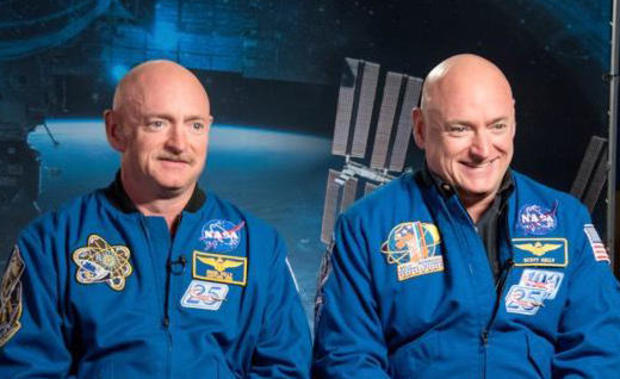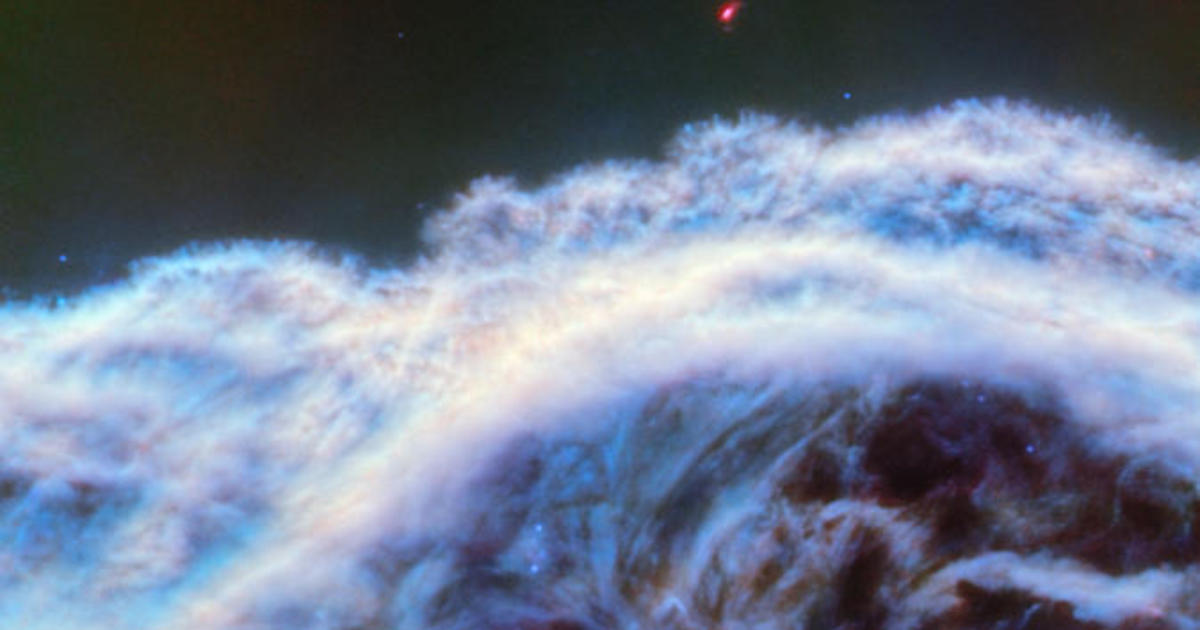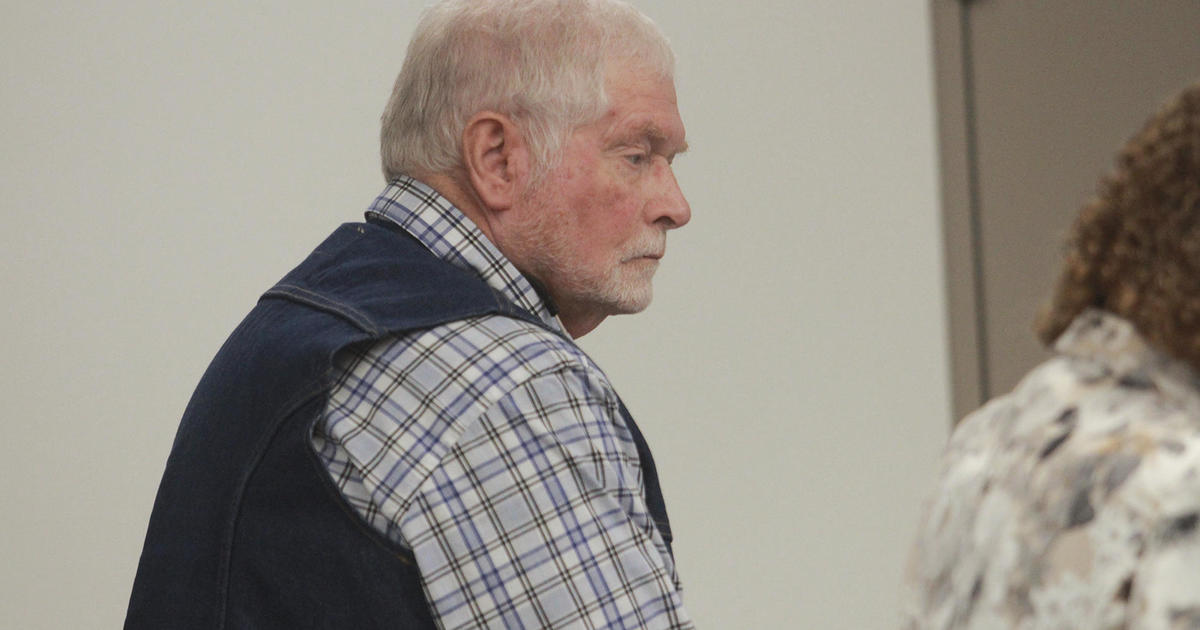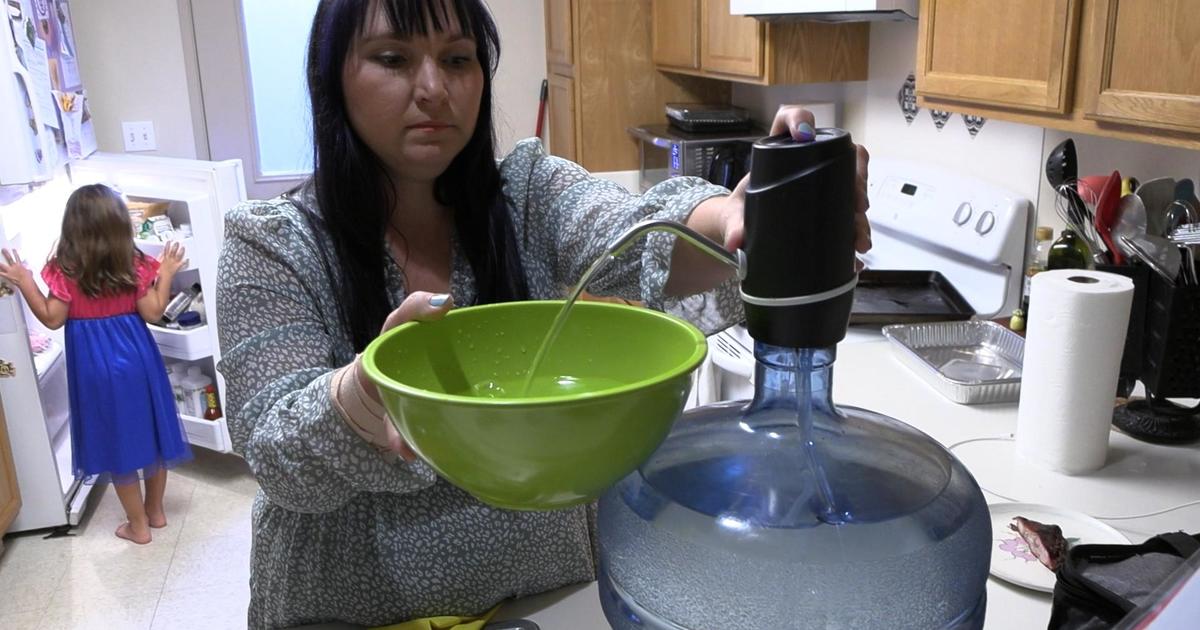Astronaut twins study finds no major medical obstacles to long-term space missions
Retired astronaut Scott Kelly, who spent 340 days in space during an extended stay aboard the International Space Station in 2015-16, did not suffer any major long-term health effects that might raise warning signs for future long-duration flights, scientists reported Thursday.
"The results we've seen ... show the resilience and robustness of the human body," said Steven Platts, deputy chief scientist with NASA's Human Research Program. "We've evolved here on Earth in a one-(gravity) environment, we grow up, we train, we do everything here, and yet, when we go into space ... our bodies adapt and continue to function and by and large, function extremely well.
"Changes that were seen in Scott, the vast majority of them came back to baseline in a relatively short period of time when he returned to Earth. And those that did not are markers of things we already knew were likely to happen. ... This will guide future biomedical space research and allow us to have a safer journey to and from Mars."
Kelly and his identical twin brother Mark, a retired shuttle commander, participated in the most extensive series of experiments yet to determine how extended exposure to space radiation, microgravity and other factors associated with spaceflight might affect health and genetics.
Both men — Scott in space and Mark on the ground acting as an identical "control" subject — were subjected to a wide battery of cognitive, visual and other physical tests, including regular blood, stool, urine and saliva collections, before, during and after the space station flight.
"I know he would play this down, but as a citizen of this country, not just as a twin brother, I appreciate the sacrifice that he took to spend a year in space without really having any idea of how this was going to affect him for the long term," Mark Kelly said during a teleconference with reporters Thursday.
"But I got all the glory, and you got a lot of work!" his brother joked.
Comparing Scott's responses to his brother's, researchers were able to precisely track how Scott's body reacted to the 340-day stay in space and how it recovered after his return to Earth.
The bottom line? Kelly experienced multiple changes in orbit affecting a variety of systems, but most returned to normal within about six months of landing.
"I think it's reassuring to know that when you come back things will largely be back to the same," Michael Snyder, a researcher at the Stanford University School of Medicine, said during an earlier briefing to preview findings reported Thursday in the journal Science. "I think that's the number one message.
"I do think you should be prepared. ... If you're going into a stress environment, you do expect your body to go through lots of different changes. And so the fact that we are seeing the immune system activated and other things happening is expected as you are being put in a non-normal environment. These are natural essentially stress responses."
One caveat: aboard the International Space Station, Kelly was protected from extreme levels of space radiation by Earth's Van Allen belts, which act as a shield of sorts, funneling high-energy particles from the sun into the atmosphere over the poles. As such, astronauts venturing in to deep space might experience different results.
Even in low-Earth orbit, though, researchers detected elevated radiation-related changes that persisted after the Kelly's flight "giving us some indication of ongoing genomic instability following spaceflight," said Susan M. Bailey, a researcher at Colorado State University.
Changes to the body after a year in space
One intriguing result, announced earlier, showed telomeres in Scott Kelly's white blood cells, structures at the ends of chromosomes that serve as biomarkers for aging, unexpectedly lengthened during his space mission but shortened to normal dimensions within about six months of his return to Earth. Mark Kelly's remained in the normal range throughout.
Telomeres "shorten as we get older," said Bailey. "And they can serve as a biomarker of like accelerated aging or some of the associated health risks like cardiovascular disease or cancer. So certainly we imagined going into the study that the unique kinds of stresses and extreme environmental exposures like space radiation and microgravity, all of these things would act to accelerate telomere loss."
But that's not what happened with Scott, which was "really quite a surprise to us," she said.
"What we saw was a very spaceflight-specific elongation of telomeres. So Scott's telomeres were longer during space flight than they were either before or after. We also saw a very rapid decrease in telomere length upon his return to earth. So these things were very much a surprise to us."
It is not clear what impact, if any, such changes might have on even longer flights, but additional research is planned. In the meantime, "I don't think that that can really be viewed as the fountain of youth and that people might expect to live longer because they're in space," Bailey said.
Another area where additional research is planned focuses on vision changes that can occur in spaceflight, a response known as spaceflight associated neuro-ocular syndrome, or SANS. Persistent changes appear to be triggered by long exposure to the shift of body fluids toward the upper extremities, possibly affecting pressure in the eyes.
Other key findings: Scott Kelly's immune system appeared to respond normally throughout his mission. And while the research showed variability in gene expression, a measure of how systems respond to stress, generally returned to normal after landing.
"However, a small percentage of genes related to the immune system and DNA repair did not return to baseline after his return to Earth," NASA said in a release. "Further, the results identified key genes to target for use in monitoring the health of future astronauts and potentially developing personalized countermeasures."
NASA announced the long-duration mission in 2012, naming Scott Kelly and cosmonaut Mikhail Kornienko as participants. The took off aboard a Russian Soyuz spacecraft March 27, 2015 and returned to Earth on March 1, 2016.
At touchdown, Kelly and Kornienko had completed 5,440 orbits, covering nearly 144 million miles while logging 340 days eight hours and 42 minutes off the planet. Including three previous flights, Kelly's total time in space comes to 520 days, making him one of NASA's most experienced astronauts.
All returning station crews face extensive rehabilitation to help them re-adapt to gravity. But Kelly and Kornienko faced far more extensive medical checks than usual as researchers raced the clock to precisely measure how their bodies transitioned back to gravity after nearly a year in space.
While a record-setting mission for NASA, Kelly's flight still fell far short of records set by Russian cosmonauts in the days of the Mir space station. Vladimir Titov and Musa Manarov each logged 366 days aloft while Sergei Avdeyev spent 380 days in orbit and Valery Polyakov logged 438 days.
But state-of-the-art medical technology and procedures were employed for the twins study, generating an enormous amount of high-quality data.
"It was a real privilege to be a part of this study," Scott Kelly said Thursday. "This is a topic that people are very very interested in, what the results are and how does that help us someday off to Mars."





